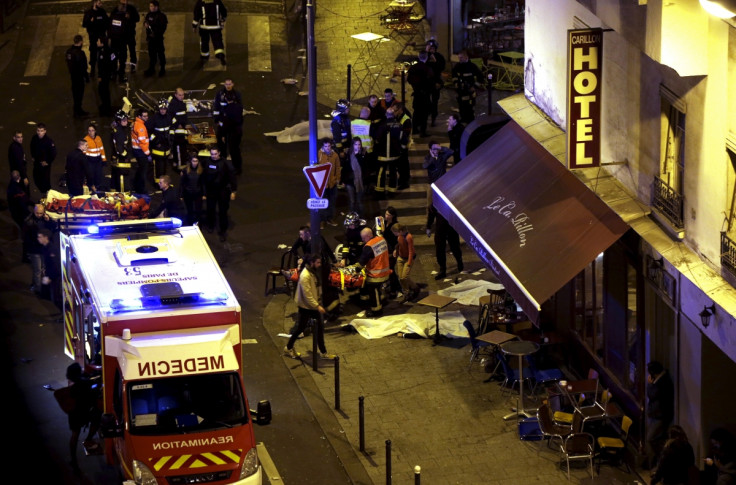Paris attacks: Why did Islamic State terrorists stage their latest atrocity in France?

A key question being asked today is: why France? Less than a year ago 12 people were shot dead in the attacks at the office of the satirical magazine Charlie Hebdo. And today's atrocity is the worst attack in Europe, since the Madrid bombing in 2004 when 191 people were killed. The main factor appears to be the apparent depth of support for radical Islamist perspectives in France.
An indicator of this is the huge number of French citizens who have travelled over to Iraq and Syria to take part in the insurgencies. Peter Neumann, director of the International Centre for the Study of Radicalisation and King's College London, said: "We know that over a thousand French people have gone to Syria and Iraq to fight over the last three years," he says. "That is indicative of the kind of support that movement enjoys in that country."
A report by the French senate in April estimated that at least 1,430 of the 3,000-plus known Europeans who travelled to Syria and Iraq to fight for Isis were French. Meanwhile, the AFP news agency reported earlier this year that French intelligence services were monitoring a further 1,570 people believed to have connections to Syrian terror networks. And up to 7,000 more French citizens were considered to be at risk of forming such connections.
At present more than 150 French radicals are in prison in France. Of greater concern for the security services is that at least 200 French citizens who have travelled to territory held by Isis have since returned to France.
A report in January from London's King's College's International Centre for the Study of Radicalisation and Political Violence stated that only Saudi Arabia, Tunisia, Russia and Jordan had more of their own citizens fighting with Isis than France.
At that point, the Centre estimated that there were more than twice as many French radicals as German and British fighters. The French government has mounted several anti-radicalisation campaigns, but it appears unable to stop members of France's 4.7 million-strong Muslim community – approximately 7.5% of the population – from becoming radicalised and supporting Islamic State or fighting for it.
© Copyright IBTimes 2024. All rights reserved.





